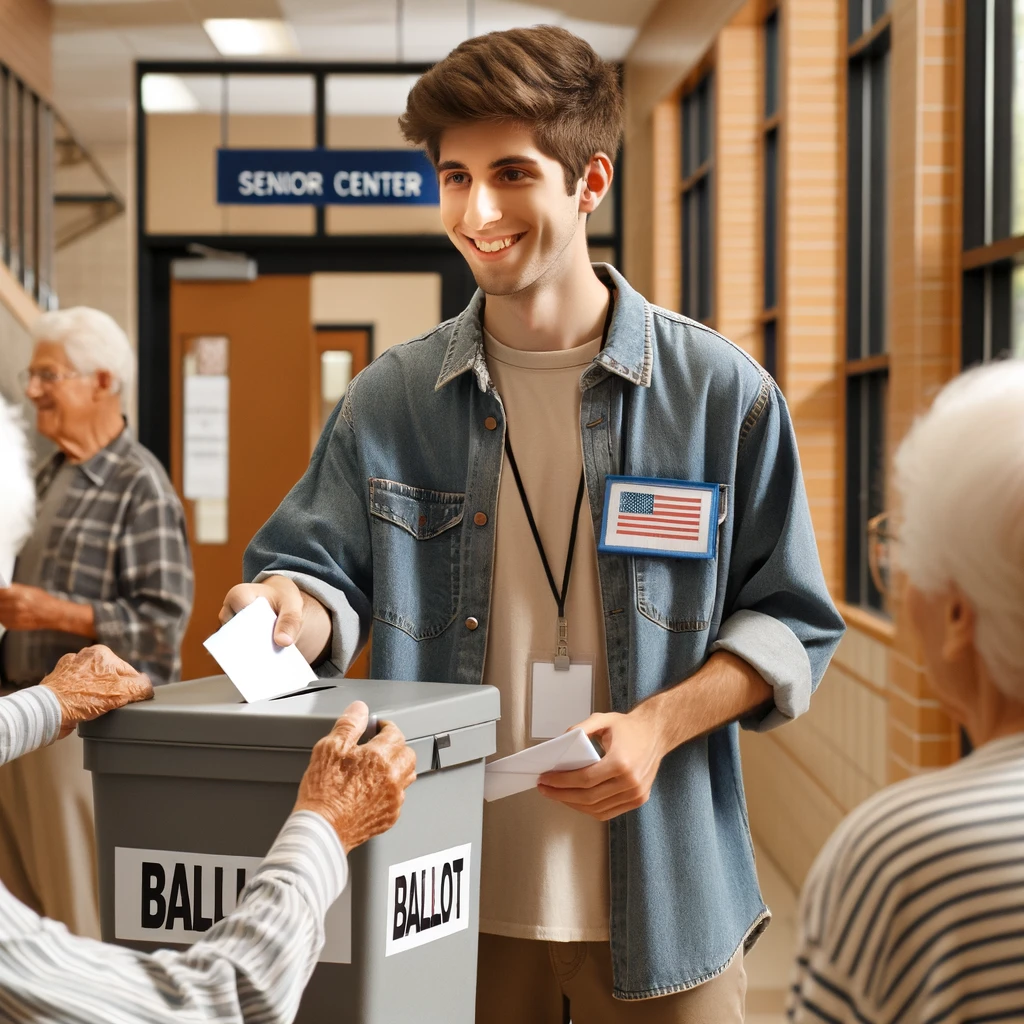In the wake of Burbank Unified School District’s Measure BUSD-S in March 2013, which saw a bond of $110 million approved by a small margin of voters, concerns over voter apathy and the effectiveness of third-party ballot collection in Burbank’s local elections have been brought to the forefront.
The 2013 Measure BUSD-S Scenario The Burbank Unified School District bond proposition, Measure BUSD-S, was on the March 5, 2013, ballot for voters in the Burbank Unified School District in Los Angeles County. Despite the bond’s approval with 61.78% votes in favor (4,663 votes), the turnout was markedly low considering the number of registered voters in Burbank is more than 66,000. This scenario exemplifies a key issue in local elections: voter apathy.
Voter Apathy: A Persistent Challenge The approval of a substantial $110 million bond based on the votes of a relatively small portion of the electorate highlights a significant challenge in local governance – voter apathy. Many residents express concerns over high costs of living, including rent and property taxes, yet there is a lack of participation in the very elections that decide on these fiscal matters. This disengagement results in crucial decisions being made by a small, possibly unrepresentative, segment of the population.
The Role of Third-Party Ballot Collection In response to this challenge, political campaigns in Burbank have been leveraging third-party ballot collection, also known as ballot harvesting. This process, legal in California, involves designated individuals collecting and returning completed ballots on behalf of voters. It aims to increase voter turnout by reducing barriers to voting, especially for those who might otherwise find it difficult to vote due to various constraints.
Case in Point: Measure BUSD-S Taking Measure BUSD-S as an example, the proponents of such tax and bond measures are often well-organized, utilizing strategies like third-party ballot collection to maximize voter participation. However, there’s a flip side: when voters are not motivated by the candidates or specific issues on the ballot, they may choose not to participate at all. This can lead to significant decisions, like the passing of bond measures, being made by a small fraction of eligible voters.
The Need for Informed Participation The situation underscores the importance of informed and active participation in local elections. Residents are encouraged to vote, even if they do not support specific candidates or measures. Casting a ballot, even with some sections left blank, contributes to a more representative decision-making process, especially on fiscal matters that directly impact the community.
Looking Ahead As Burbank moves towards future local elections, the lessons from Measure BUSD-S and the ongoing discussions about ballot harvesting will play a crucial role. The goal is to strike a balance between encouraging greater voter participation and ensuring the fairness and integrity of the electoral process, especially in decisions impacting the city’s fiscal policies and quality of life.
If everyone votes, then the outcomes are truly representative of the wishes of the community.


